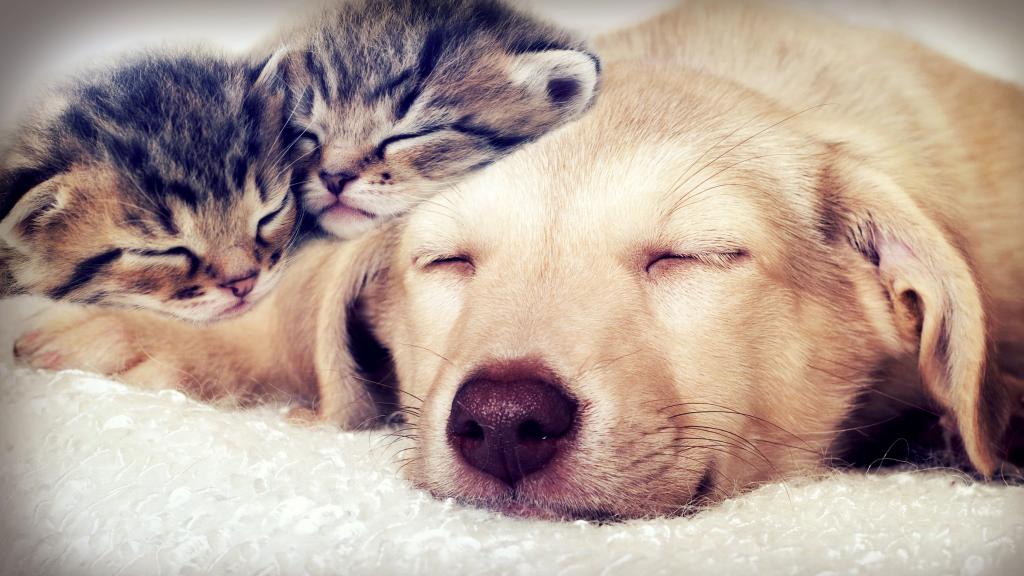
Sleep cycle
Humans and many other great apes have the habit of taking a nap during the day. The duration of this sleep usually lasts quite a long time, depending on age and health conditions. But on average, an adult or an orangutan sleeps about 8 hours a day, with gorillas 12 hours.
Some cycads and most other mammals have short naps that occur in multiple sleep stages over a 24-hour period. For example, sleep cycles in dogs are every 83 minutes, total sleep time per day is at least 10.5 hours.
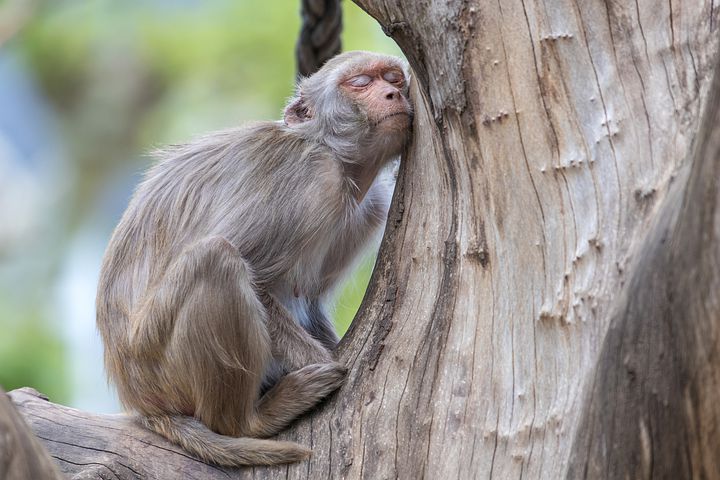
Great apes can sleep for so long because their sleeping area is more comfortable. While many other monkey cousins have to keep their balance when sleeping on treetops, the giant monkey species, due to their oversized bodies, cannot bear their weight, forcing them to look for other places to sleep on the ground. , more spacious and safer. Thanks to that, they can sleep peacefully without worrying about falling to the ground or being disturbed by other animals in the herd.
A 2015 study showed that orangutans always sleep better than their baboon cousins and after each sleep, their brains also become faster.
Sleep with half the brain
One half of the brain is awake, while the other half is asleep, a way for dolphins to sleep with one eye open, while staying alert to ocean predators.
In addition to dolphins, whales, seals, manatees and some birds also have this type of sleep. This is called the REM sleep stage (Rapid eye movement/sleep with rapid eye movements) does not occur.
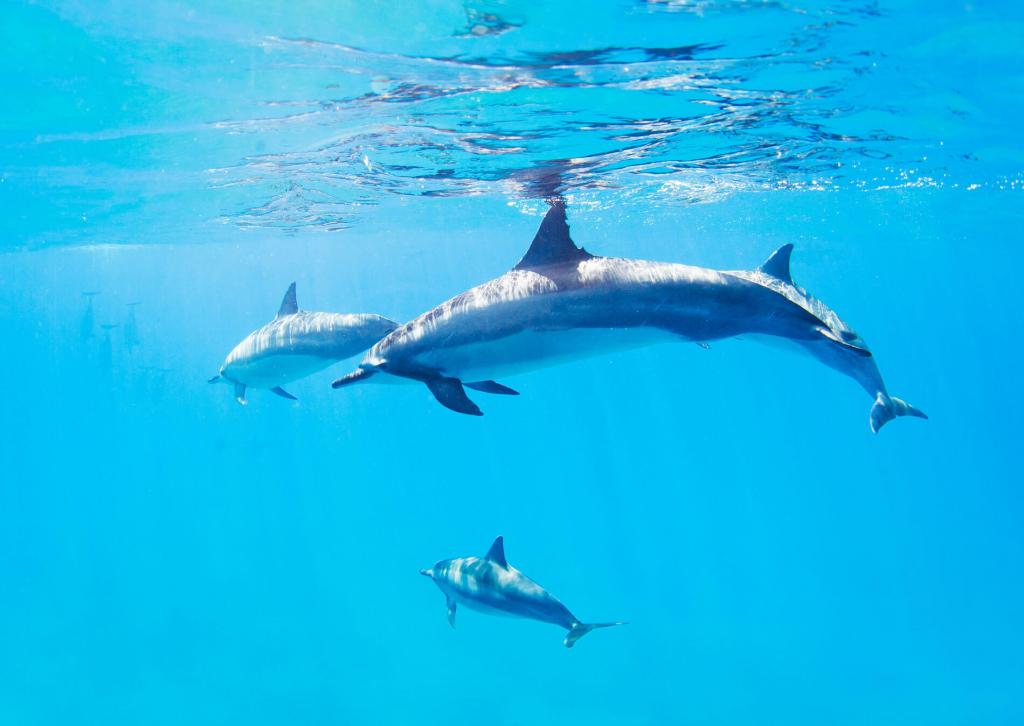
REM sleep is the period when the brain is most active, breathing is faster and most muscles are temporarily paralyzed.
Many studies have shown that REM sleep has a huge impact on memory and learning ability. David Raizen, a neuroscientist at the University of Pennsylvania, said dolphins are smart despite never experiencing REM sleep, because if their bodies were paralyzed like land animals, they would sink to the bottom of the ocean. positive and drowned.
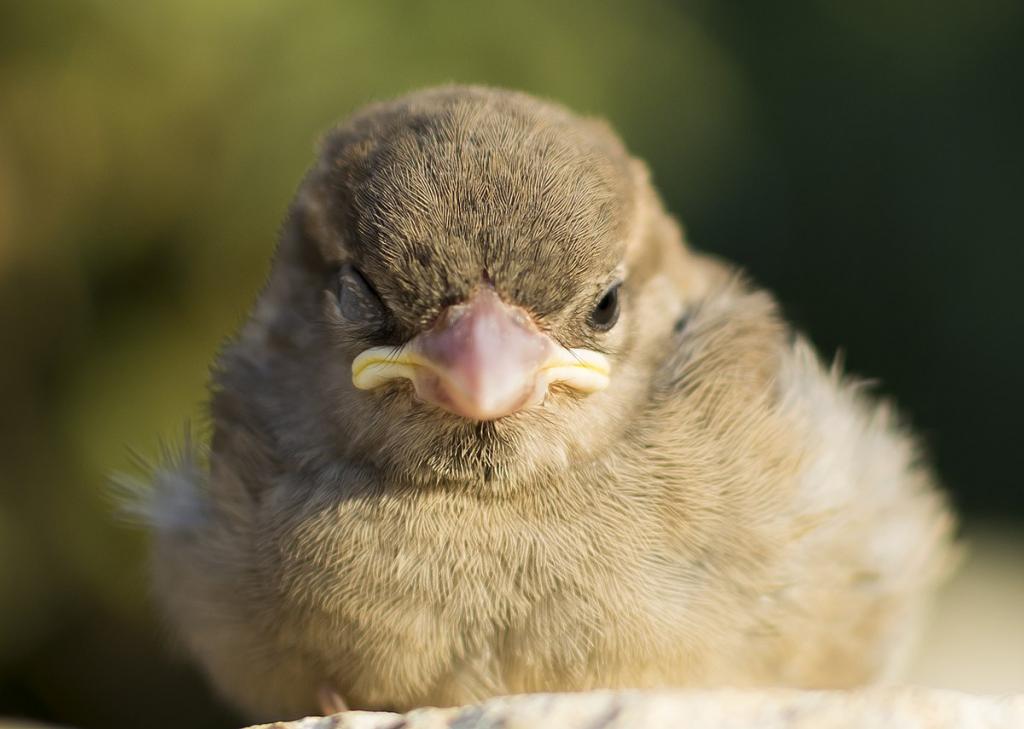
Meanwhile, seals are more flexible when sleeping with one side of the brain while swimming and sleeping completely, like humans when on land.
Some birds can also fly while sleeping thanks to similar characteristics.
Do all animals need sleep?
Animal sleep time also varies depending on the species. According to Siegel, sleep is “a period when the body reduces activity and response but can still return to a state of alertness very quickly afterwards. When you don’t get enough sleep, your body will be tired and need to make up for it.”
However, the second part is not really true for many mammals. Seals have very little sleep time underwater, but they absolutely do not need to sleep when they are on land.
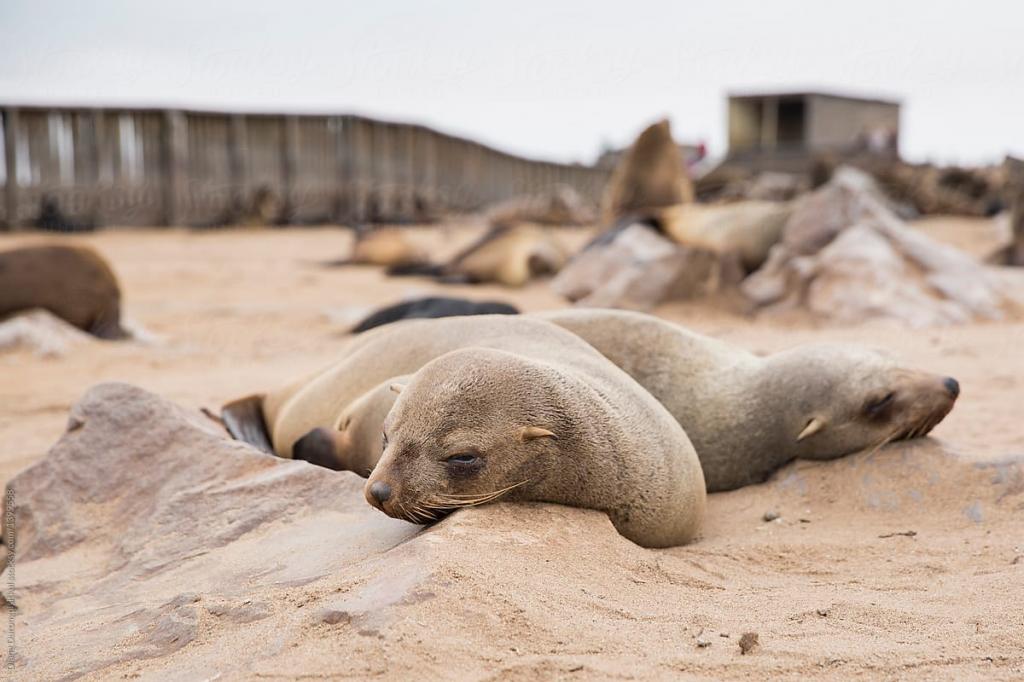
On the contrary, fruit flies need enough sleep. Fruit flies can sleep for 12 hours continuously in dark conditions. If they lack sleep, they will sleep longer in the next sleep, and their fertility will also decrease. However, sleep deprivation does not usually affect animal mortality.
There is a debate surrounding the question “Do animals need to sleep?” . While the popular view is that sleep is necessary to help animals restore energy and create homeostasis. Others believe that many animals do not need sleep.
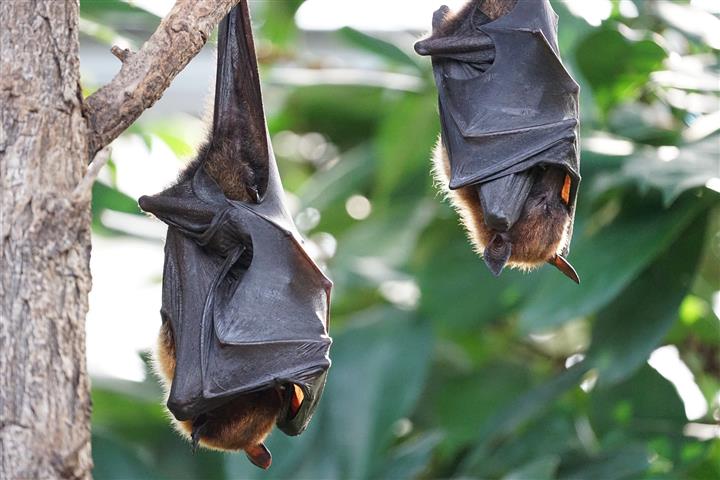
For example, bats only go out to forage for 4 hours a day, the remaining 20 hours, because they do nothing, they sleep just to save energy.
Sleep, rest and hibernate
Deep sleep and rest are two completely different concepts.
“When someone whispers your name in your sleep, you won’t react. But animals respond to stimuli very quickly, because they are just in a state of stillness.”
Upside down jellyfish (Cassiopea) were found to be in a quiescent state at night.
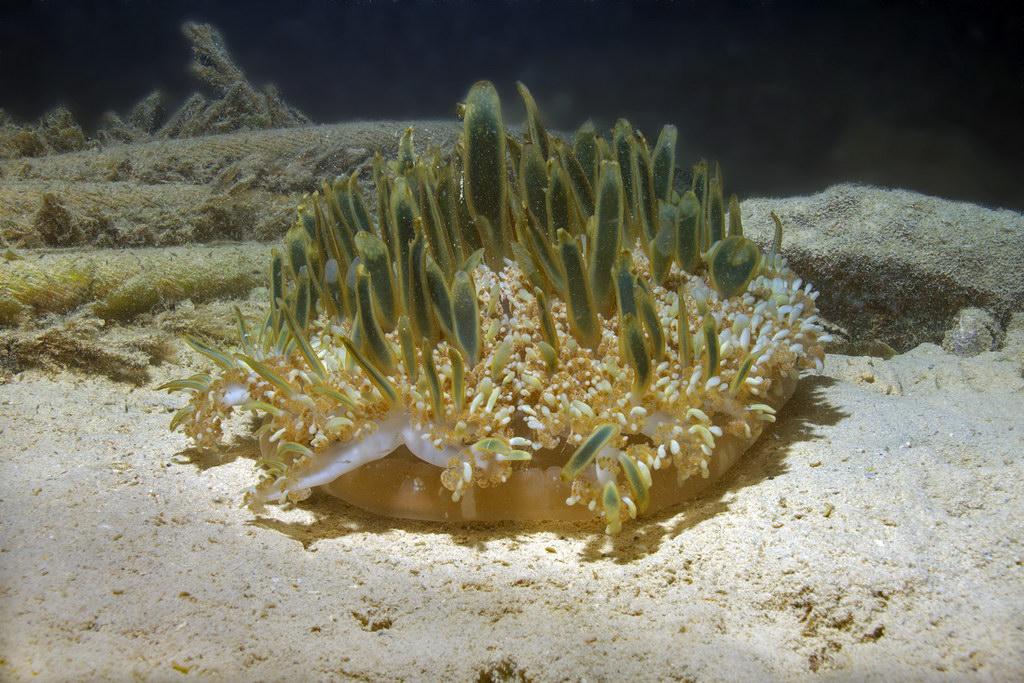
Hibernation is a state of immobility and reduced metabolic rate that animals adopt, to survive during the cold winter months. This sleep state is related to temperature or environmental changes, such as lack of food.
Blue-throated hummingbirds have a normal heart rate of 1,200 beats per minute, which can be reduced to as low as 50 beats to maximize energy savings. Or like the West African lungfish, which excrete mucus and create cocoons to cover themselves before burrowing into the ground for shelter, waiting out hot and dry periods when the lakes they live in gradually dry up.
Balance between sleep and life
The balance between sleep and life is not always good for many animals. Because they live in the wild, they need time to find food and must always be alert to predators.
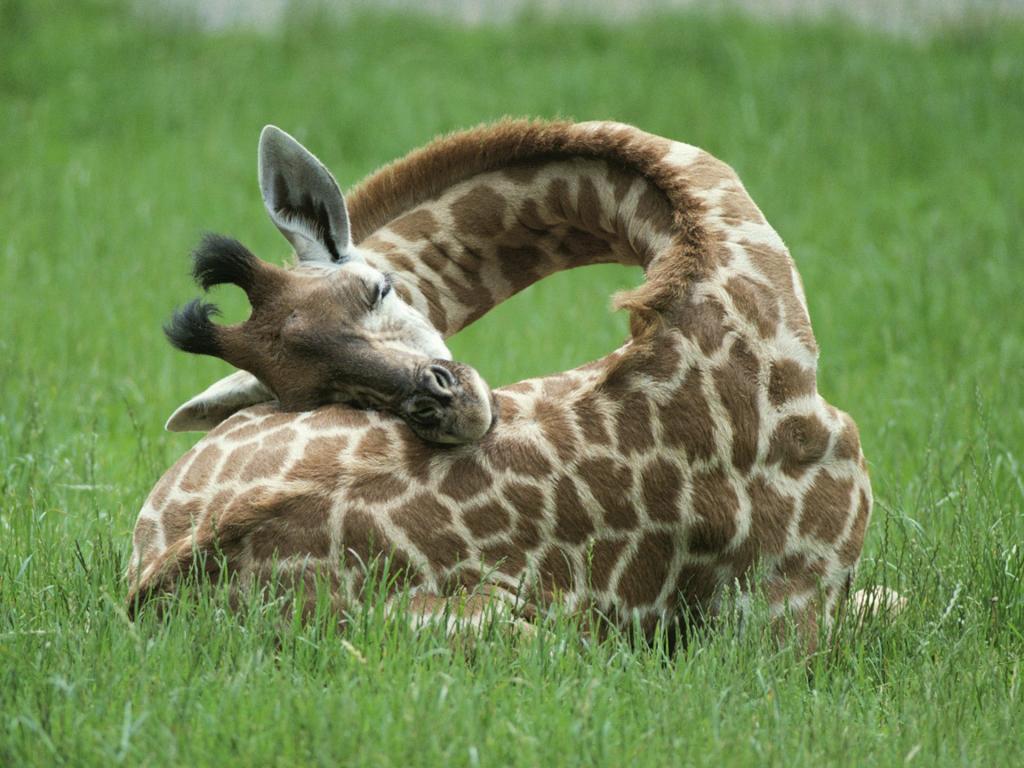
Some species like elephants and giraffes, because they need a lot of time to feed, only sleep two hours a day. If a giraffe lay on its stomach and slept for as long as a human, it might not be able to wake up again.





